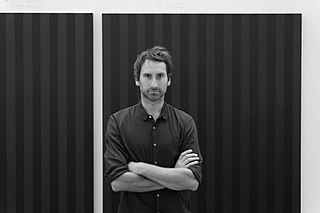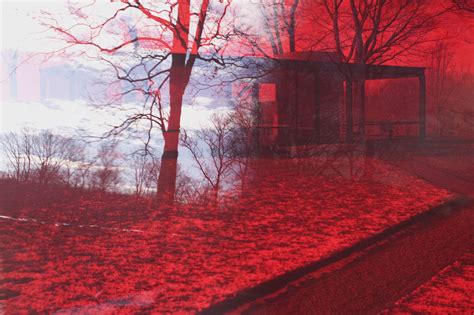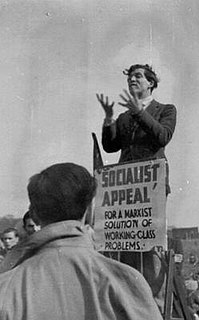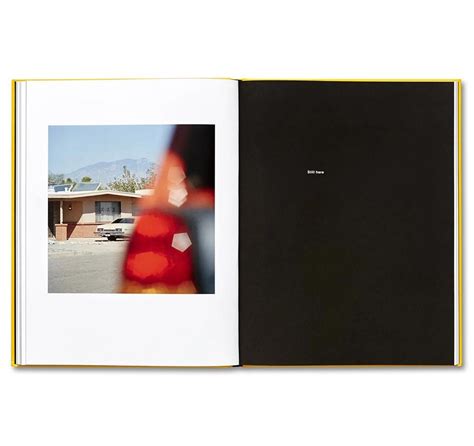A Quote by David Nicholls
He wanted to live life in such a way that if a photograph were taken at random, it would be a cool photograph.
Related Quotes
A photograph never grows old. You and I change, people change all through the months and years but a photograph always remains the same. How nice to look at a photograph of mother or father taken many years ago. You see them as you remember them. But as people live on, they change completely. That is why I think a photograph can be kind.
The way in which the photograph records experience is also different from the way of language. Language makes sense only when it is presented as a sequence of propositions. Meaning is distorted when a word or sentence is, as we say, taken out of context; when a reader or listener is deprived of what was said before, and after. But there is no such thing as a photograph taken out of context, for a photograph does not require one. In fact, the point of photography is to isolate images from context, so as to make them visible in a different way.
How foolish of me to believe that it would be that easy. I had confused the appearance of trees and automobiles, and people with a reality itself, and believed that a photograph of these appearances to be a photograph of it. It is a melancholy truth that I will never be able to photograph it and can only fail. I am a reflection photographing other reflections within a reflection. To photograph reality is to photograph nothing.
The minute you start saying something, 'Ah, how beautiful! We must photograph it!' you are already close to view of the person who thinks that everything that is not photographed is lost, as if it had never existed, and that therefore, in order really to live, you must photograph as much as you can, and to photograph as much as you can you must either live in the most photographable way possible, or else consider photographable every moment of your life. The first course leads to stupidity; the second to madness.
A photograph records both the thing in front of the camera and the conditions of its making... A photograph is also a document of the state of mind of the photographer. And if you were to extend the idea of the set-up photograph beyond just physically setting up the picture, I would argue that the photographer wills the picture into being.
I don't really remember the day when I stood behind my camera with Henry Kissinger on the other side. I am sure he doesn't remember it either. But this photograph is here now to prove that no amount of kindness on my part could make this photograph mean exactly what he.. or even I.. wanted it to mean. It's a reminder of the wonder and terror that is a photograph.
Between two fantasy alternatives, that Holbein the Younger had lived long enough to have painted Shakespeare or that a prototype of the camera had been invented early enough to have photographed him, most Bardolators would choose the photograph. This is not just because it would presumably show what Shakespeare really looked like, for even if the photograph were faded, barely legible, a brownish shadow, we would probably still prefer it to another glorious Holbein. Having a photograph of Shakespeare would be like having a nail from the True Cross.







































